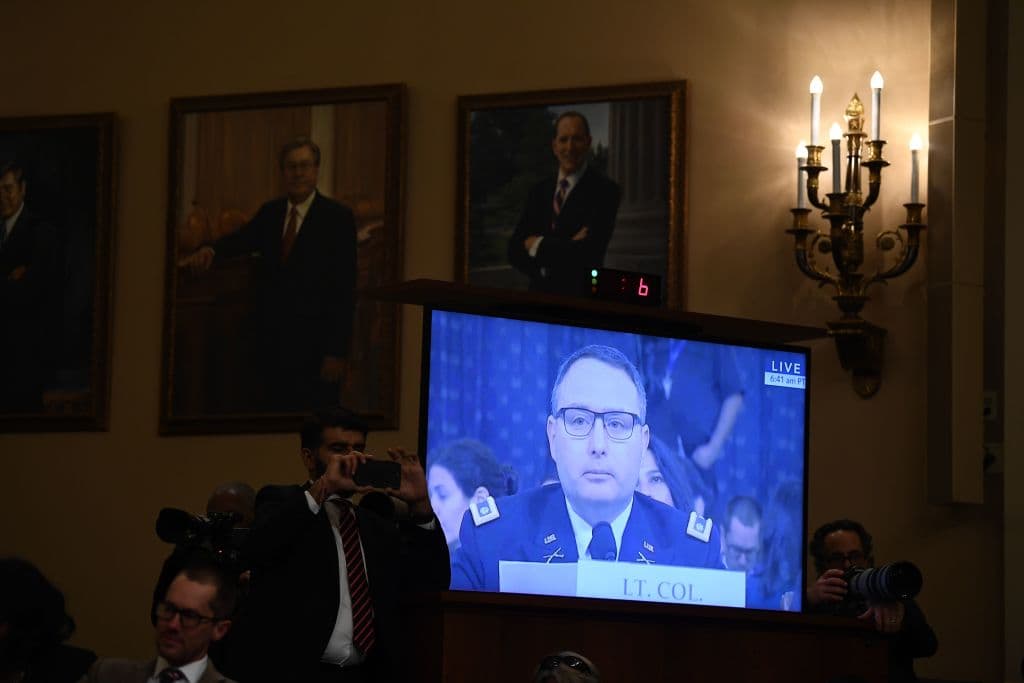Alexander Vindman: 'Russia has failed to subordinate Ukraine'

Editor's Note: The Kyiv Independent is exclusively re-publishing an interview with Alexander Vindman prepared by Forum for Ukrainian Studies, a research publication for experts, practitioners, and academics to discuss, explore, reflect upon, develop, and transform international understanding of contemporary affairs in Ukraine. This platform is run by the Canadian Institute of Ukrainian Studies (CIUS) of the University of Alberta (Edmonton, Canada).
Alexander Vindman is a retired United States Army lieutenant colonel who was the Director for European Affairs for the United States National Security Council until he was reassigned on Feb. 7, 2020.
Oleksandr Pankieiev, Editor-in-Chief of the Forum for Ukrainian Studies: What are your main observations of Russia’s one-year escalated invasion of Ukraine? What conclusions can we draw from it?
Alexander Vindman: Well, the most important conclusion is that Russia has failed in its project of subordinating Ukraine, destroying Ukraine as a sovereign independent state. It is no longer feasible for Russia to win through military force.
The biggest potential risk to Ukraine’s sovereignty is a multi-year war in which Russia uses its resources as a country of 140 million people to grind down the Ukrainian population, which is significantly smaller.
But it’s highly unlikely that Russia has the [necessary] power for a multi-year war when it has been such a disastrous war for Russia from the military perspective—and economic costs as well as politically Russia has been isolated. But from a military standpoint, the way wars are won, it’s been a complete disaster for Russia.
The biggest thing is that Ukraine will survive, and Ukraine will survive as a sovereign independent state. It’s no longer the thinking that Western Ukraine is Western-oriented and everything on the eastern side of the Dnipro is Russia. The best Russia could hope for is limited objectives and to freeze the war and retain some control over the four regions that Russia annexed since last year. But that’s still not a likely notion.
So my biggest takeaway is that Russia has fundamentally lost this war already, because its project was to eliminate Ukraine as an independent state. Ukraine is one.
The question is, then, details. What does Ukraine look like? What are the boundaries of Ukraine? How severely damaged is Ukraine? Could it reconstitute as a prosperous state that could integrate with the West? And how much of the damage that Russia has suffered will fundamentally undermine Russia as a regional power?
Read the rest of the interview here.









